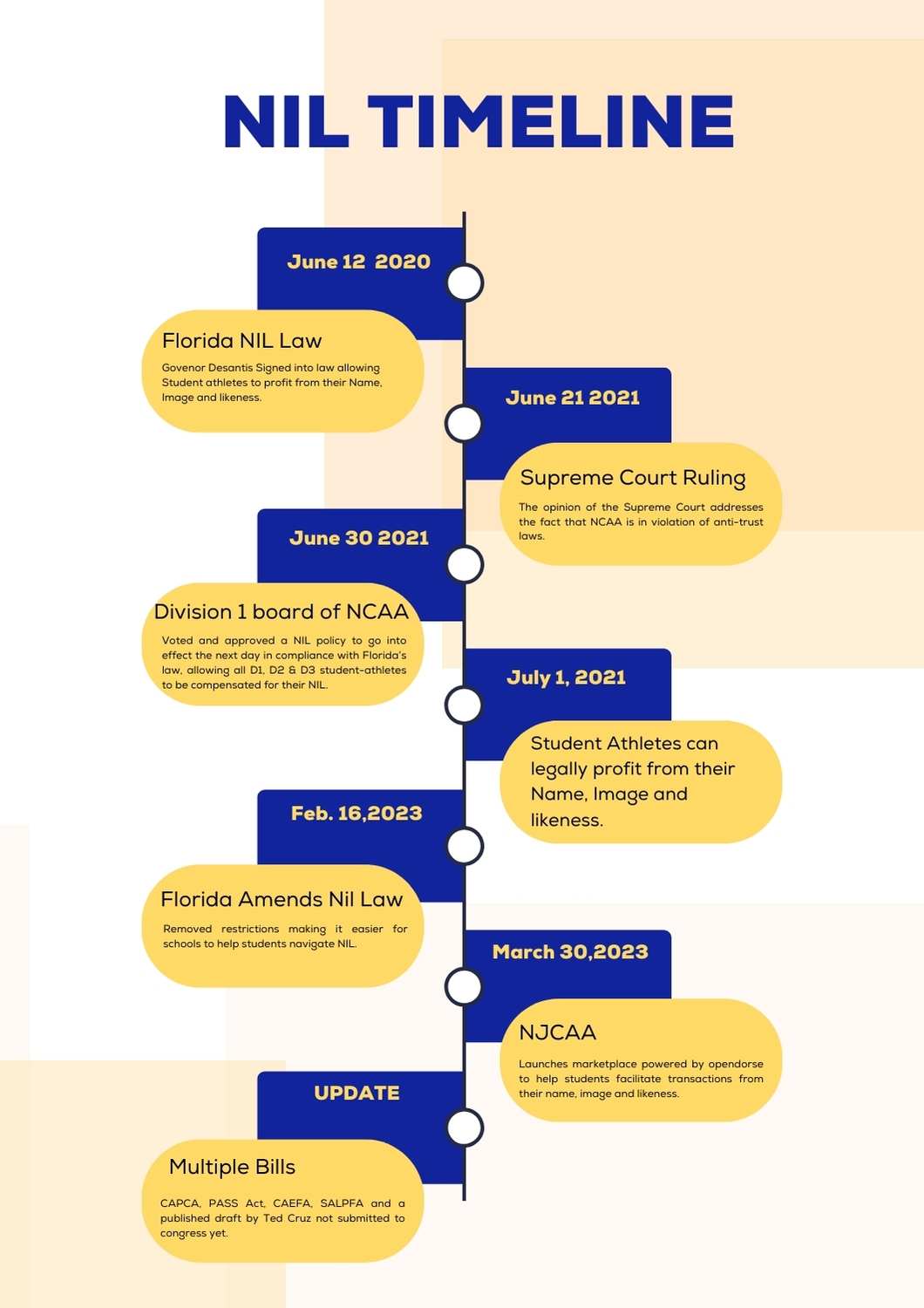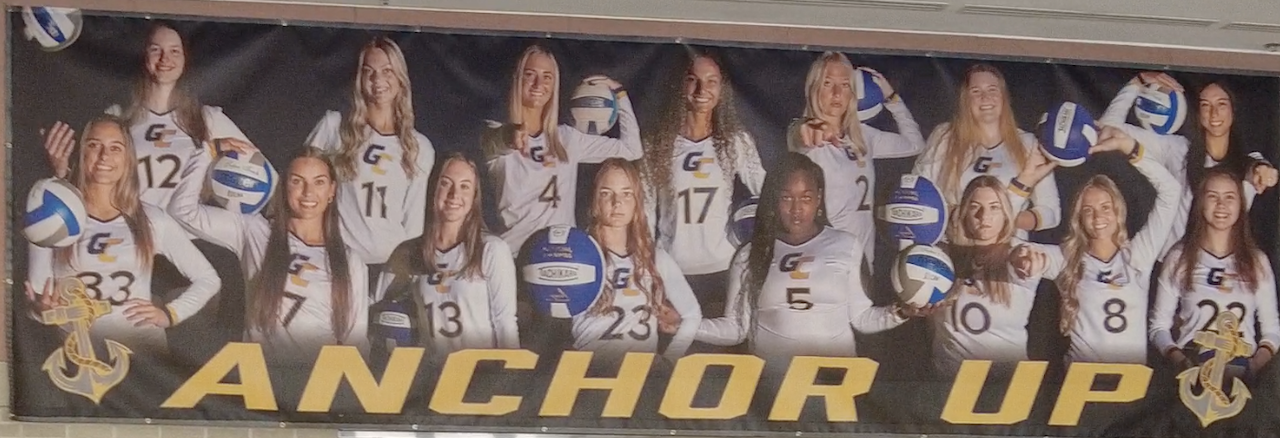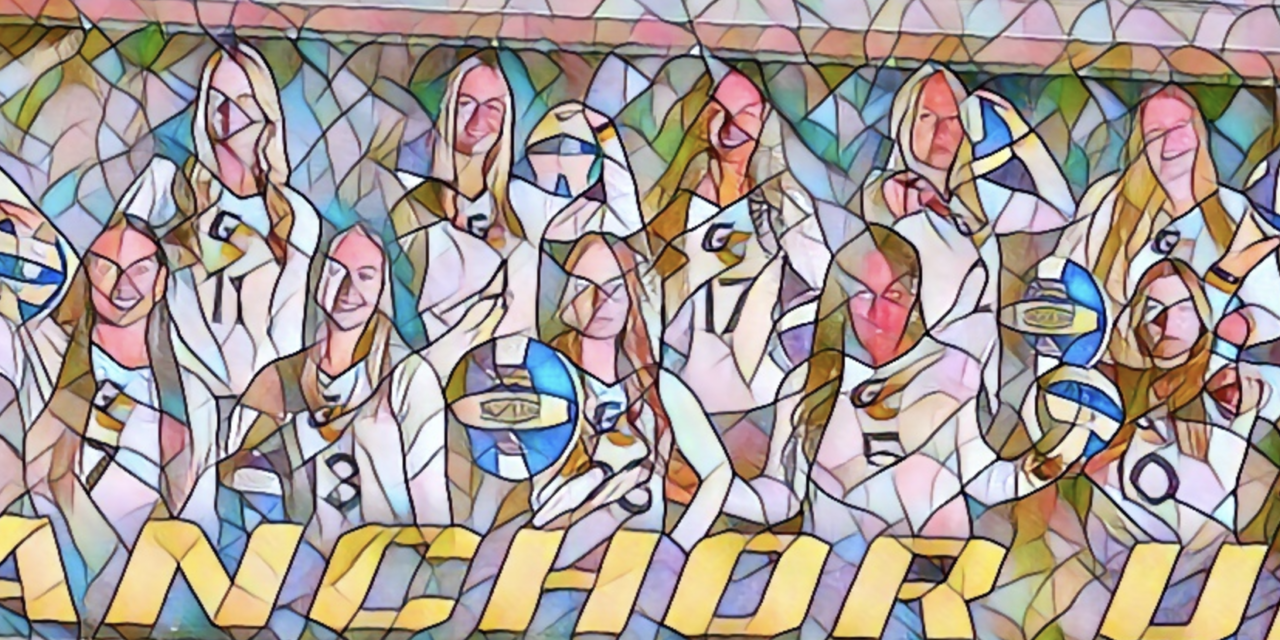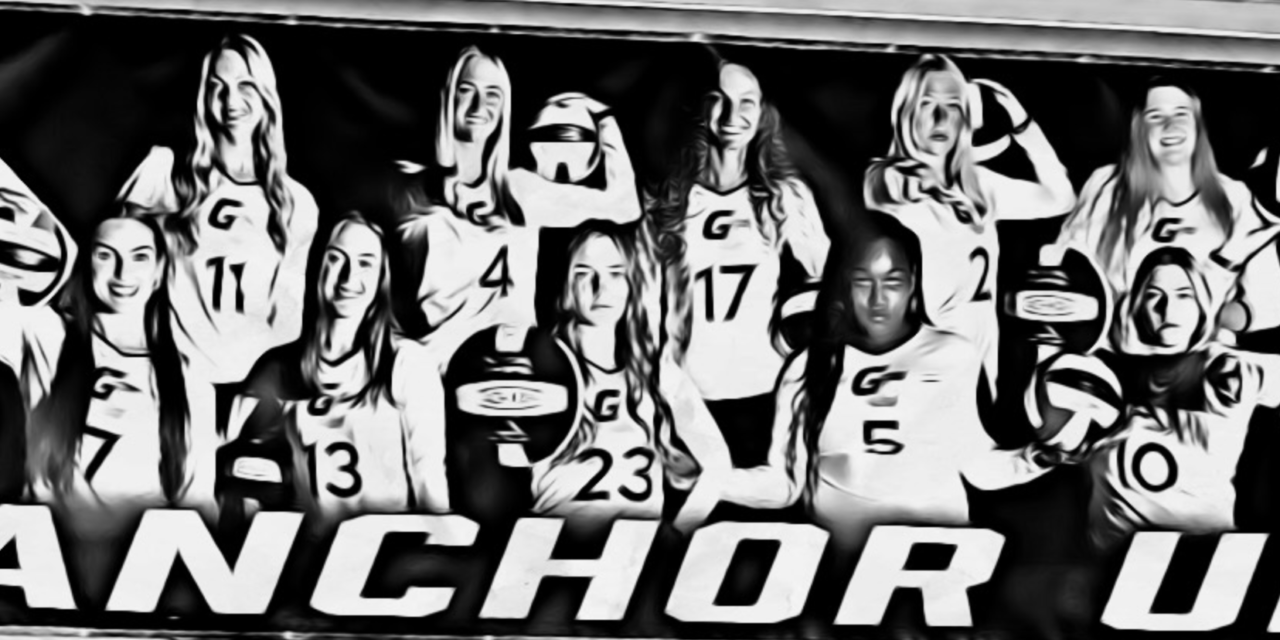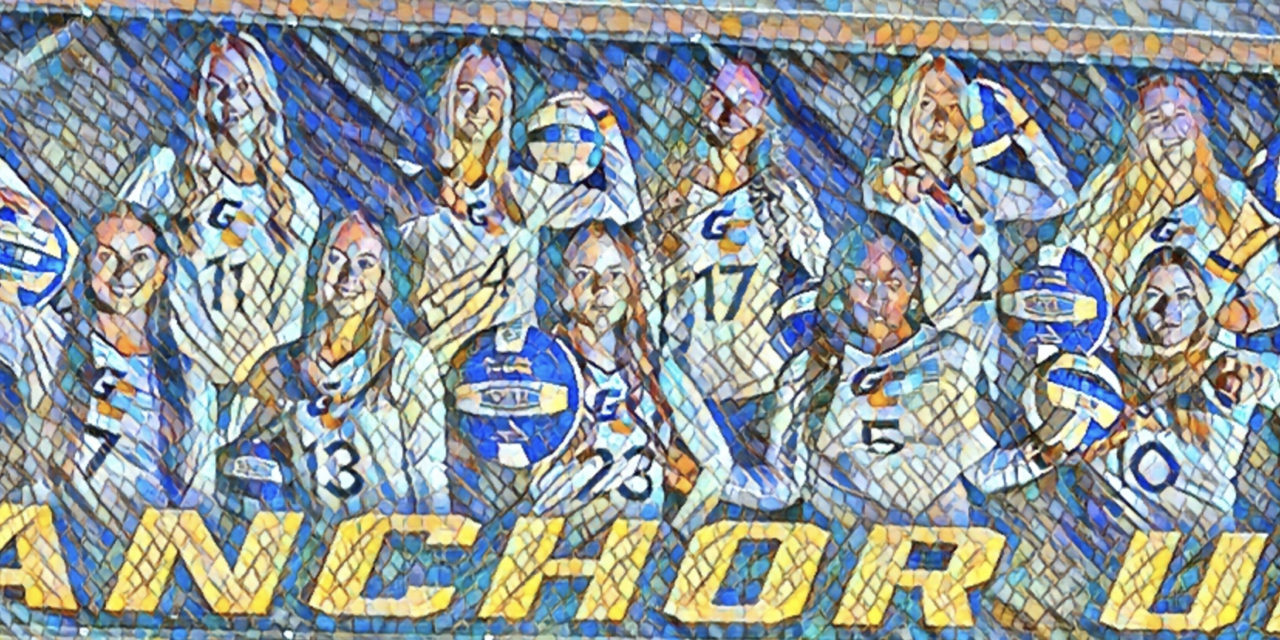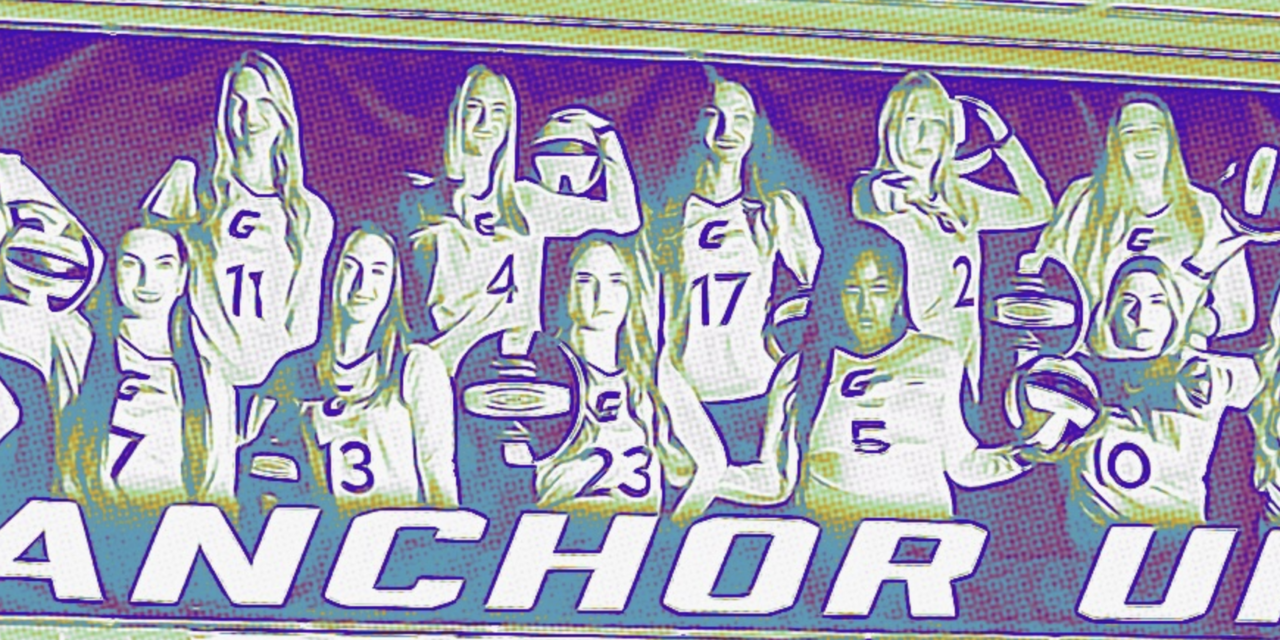2019-2020: Making History in Florida
The buzz started in Florida. On June 12, 2020, the state’s lawmakers inked a groundbreaking law allowing student-athletes to profit from their NIL, going into effect July 1, 2021. Florida’s move was a significant step that poked the giant that is the NCAA, nudging them towards reconsidering their longstanding policies against student athletes being able to make a profit.
June 21, 2021: A Gavel Sounds, The NCAA Stirs
The United States Supreme Court, in the NCAA v. Shawne Alston case, hinted that the NCAA’s restrictions might be pushing the boundaries of anti-trust laws. Justice Kavanaugh, in his concurring opinion, set a tone that the tide was turning against the NCAA’s long-held policies.
June 30, 2021: The Domino Effect
With mounting pressure, the NCAA’s Division 1 Board of Directors approved an interim NIL policy, allowing all NCAA D1, D2, and D3 athletes to be compensated for their NIL, irrespective of state laws. However, the NJCAA was already a step ahead, entirely supporting student athletes and their rights, aligning themselves with state laws as they emerged.
2022-2023: Winds of Change
October 26, 2022, brought an update from the NCAA, clarifying their NIL policy further. On March 30, 2023, the NJCAA took a leap forward, launching a marketplace powered by Opendorse to assist students in benefiting from their image and likeness.
February 16, 2023: Florida’s Revisions
Florida, the pioneer, wasn’t done. The state introduced amendments to its original NIL law. Restrictions were eased, paving a smoother path for student-athletes. Educational requirements were introduced, ensuring athletes are provided with financial literacy, life skills, and entrepreneurial knowledge before they graduate.
The Legislative Wave of Summer 2023:
A sudden rush of legislative drafts appeared. Starting with the “Student Athlete Level Playing Field Act” (“SALPFA”) on May 24 the only one to be presented as of the date of this article. The summer saw three more bills within a week in July. The “College Athletes Protection and Compensation Act” (“CAPCA”), the “Protecting Athletes, Schools, and Sports Act” (or “PASS Act”), and the “College Athlete Economic Freedom Act” (“CAEFA”) all showcasing a diverse approach to the subject. The CAEFA stands out as the most athlete-friendly proposal.
Adding to the chaos, another draft surfaced on July 27, by Senator Cruz, seemingly handing all the reins back to the NCAA.
The journey of student-athletes in their right to earn from their NIL has been a roller coaster. It not only reflects their struggle for recognition but also touches upon larger themes of fair compensation and the rights of individuals. The cases against the NCAA highlight the organization’s restrictions on student-athlete earnings. While the NCAA has taken steps in the right direction, the battle for fair compensation for student-athletes is far from over.
For years, these student-athletes, while bringing fame, glory, and significant revenue to their institutions, have remained on the sidelines, watching others profit off their hard work. Today, they are finally able to claim what’s rightfully theirs, it’s more than just about money. It’s about justice, recognition, and an age-old fight against exploitation.
The landscape has changed, and one thing is for sure: student-athletes are no longer silent. They have found their voice. How green the landscape will end up depends on you. If you want to weigh in with your support for or against student-athletes and their rights to have the same opportunities as the rest of us then contact your Florida elected officials and let them know where you stand.
If you are not registered to vote in Florida or would like to change your registration, you can do that right now on the Florida Online Voter Registration System.
